
In today’s digital world, data isn’t just an asset—it’s the driving force behind successful businesses. Whether you’re aiming to improve customer experience, optimise operations, or unlock new revenue streams, having the right Data Services Company partner is critical. But with so many companies offering data services, how do you choose the one that’s truly right for your business?
This ultimate guide will walk you through key factors to consider when selecting the best data services company to power your success.
Before even starting your search, define what you want to achieve with data:
Are you looking for data management and storage?
Do you need advanced analytics and visualization?
Are you planning to migrate your data to the cloud?
Is AI, machine learning, or business intelligence part of your roadmap?
The clearer your goals, the easier it will be to match with a data consulting companies whose expertise aligns with your objectives.
A truly capable data services company should offer a comprehensive suite of solutions, such as:
Data Engineering and Data Warehousing
Data Lakes and Big Data Solutions
Business Intelligence and Analytics
AI and Machine Learning Development
Cloud Data Migration and Management
RPA (Robotic Process Automation) for Data Processing
Choosing a partner with a broad range of services means you won’t have to switch vendors as your needs grow.
Not all data is the same across industries. A company with experience in your sector (finance, healthcare, retail, etc.) will:
Better understand your regulatory requirements
Suggest solutions customized to your industry’s challenges
Speed up project timelines with pre-built frameworks
Ask for case studies or success stories from businesses similar to yours.
Leading data companies are typically certified partners with big tech names like:
Microsoft Azure
AWS
Google Cloud
Salesforce
They should also be fluent in modern data technologies like Snowflake, Databricks, Tableau, Power BI, and Apache Hadoop. The right technology ecosystem is a strong indicator of their capability and reliability.
Data breaches can cost millions and severely damage your reputation. Always ask:
How do they handle data security and privacy?
Are they compliant with regulations like GDPR, HIPAA, or CCPA?
What backup and disaster recovery protocols do they have?
A great data services provider treats security not as a feature, but as a foundation.
Your business is unique. A good data services company:
Listens first
Tailors their solutions to your requirements
Adapts their strategies over time as your business evolves
Beware of companies pushing a “one-size-fits-all” solution.
Today you might need basic data integration services. Tomorrow, you might need full-blown predictive analytics. Your chosen partner should be able to scale data consulting companies services up or down without disrupting your operations.
Communication can make or break a project. Look for:
A dedicated account manager or project lead
Clear and frequent project updates
24/7 support availability, especially if you operate globally
Strong post-project support is just as important as flawless execution.
While cost shouldn’t be the only deciding factor, it’s still crucial. Understand:
Whether they offer fixed-price or hourly models
Any hidden fees (for migrations, integrations, etc.)
Flexibility for short-term and long-term contracts
Transparency is key. A trustworthy company will be upfront about costs from the beginning.
Finally, don’t just take their word for it. Research their:
Client testimonials
Reviews on platforms like Clutch, GoodFirms, and G2
Awards or industry recognitions
This real-world feedback will give you a clear picture of their strengths—and weaknesses.
Choosing the right data services company is a strategic investment in your company’s future. Focus on alignment with your goals, proven expertise, technology capabilities, and a partner mindset rather than just a service provider.
With careful evaluation, you’ll find a data partner who not only meets your current needs but also helps you innovate and thrive in a data-driven future.
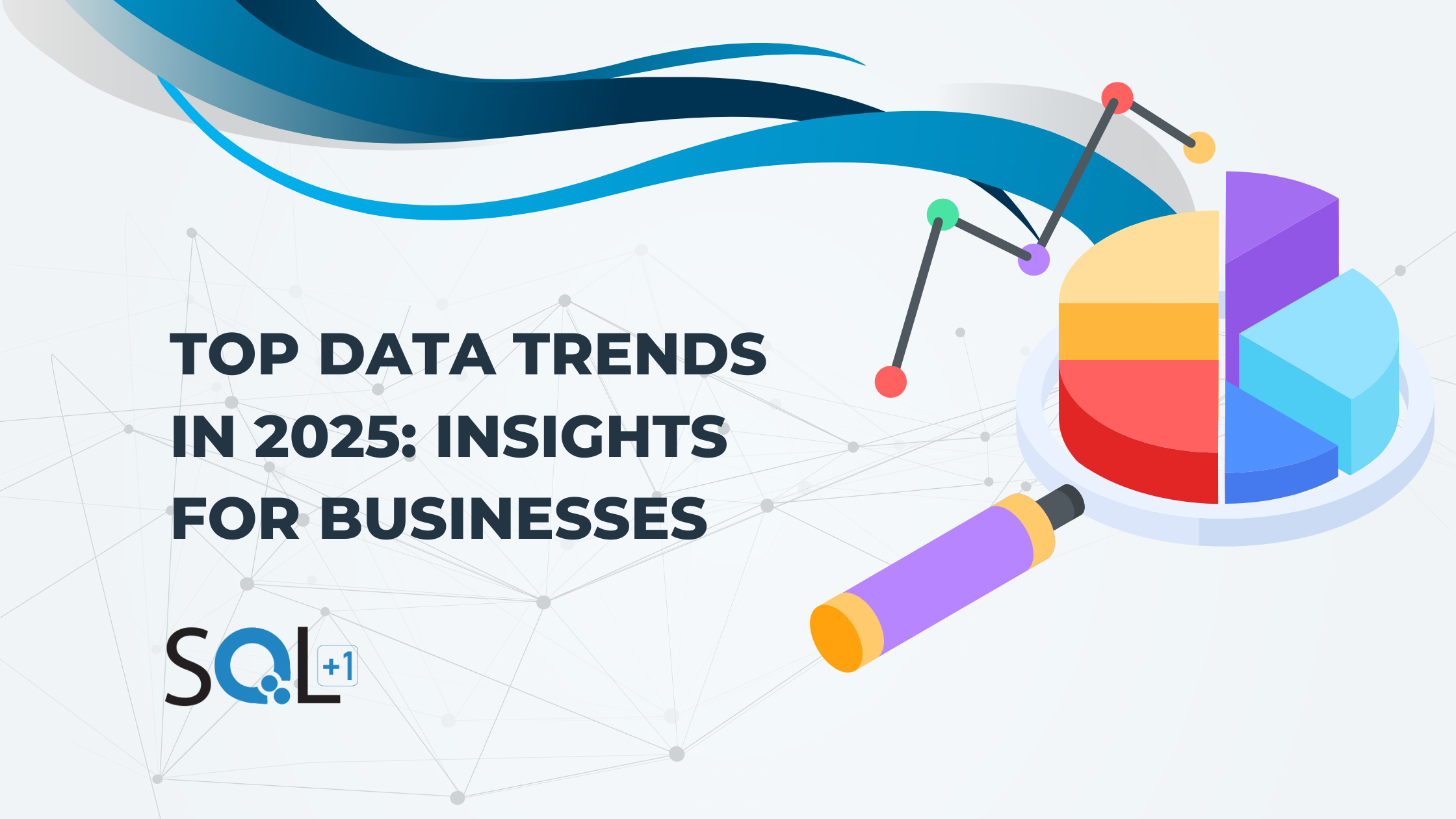
May 9, 2025- By: Sqlplusone
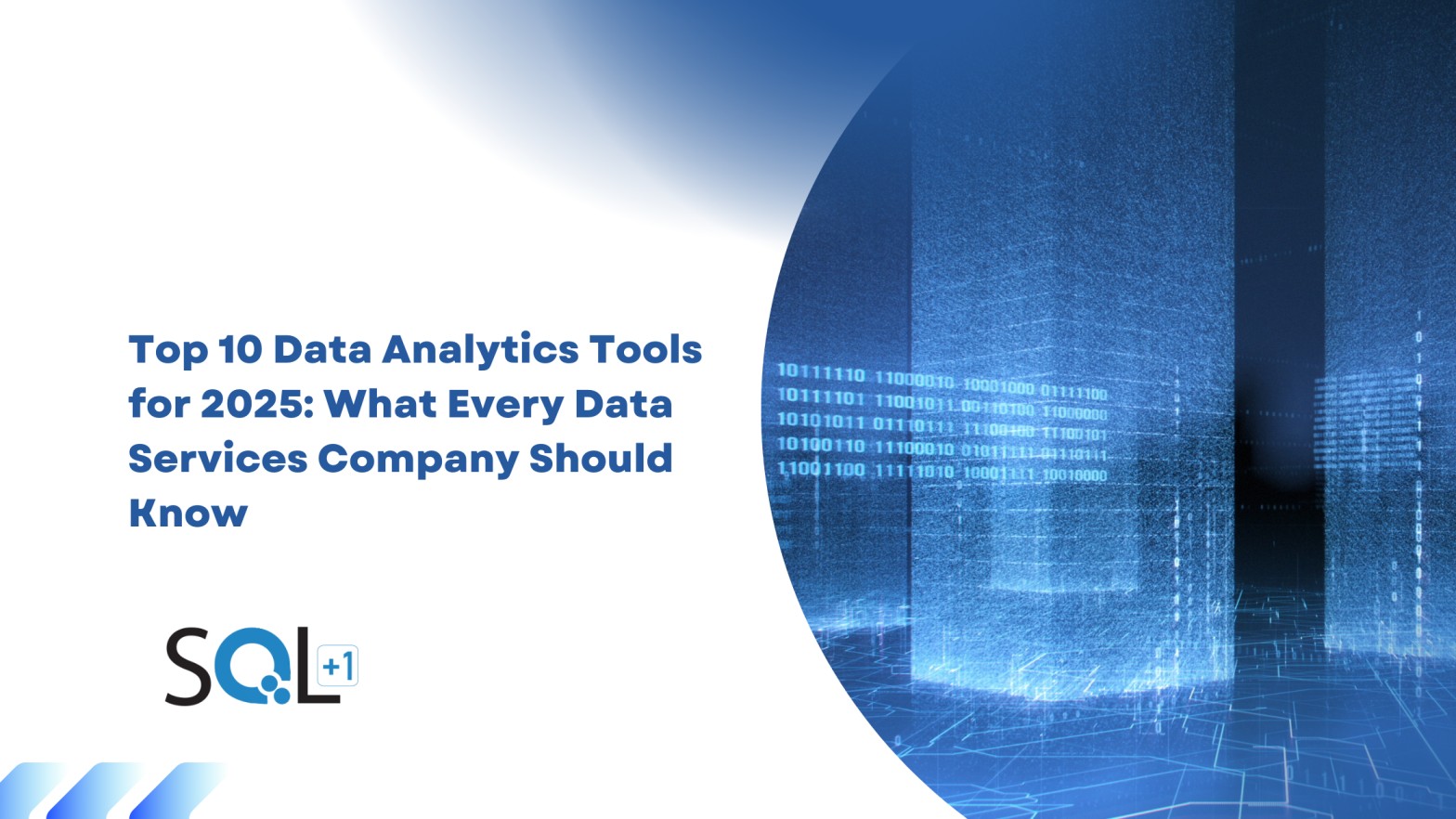
May 24, 2025- By: Sqlplusone

Apr 9, 2025- By: Sqlplusone

May 4, 2025- By: Sqlplusone

May 30, 2025- By: Sqlplusone
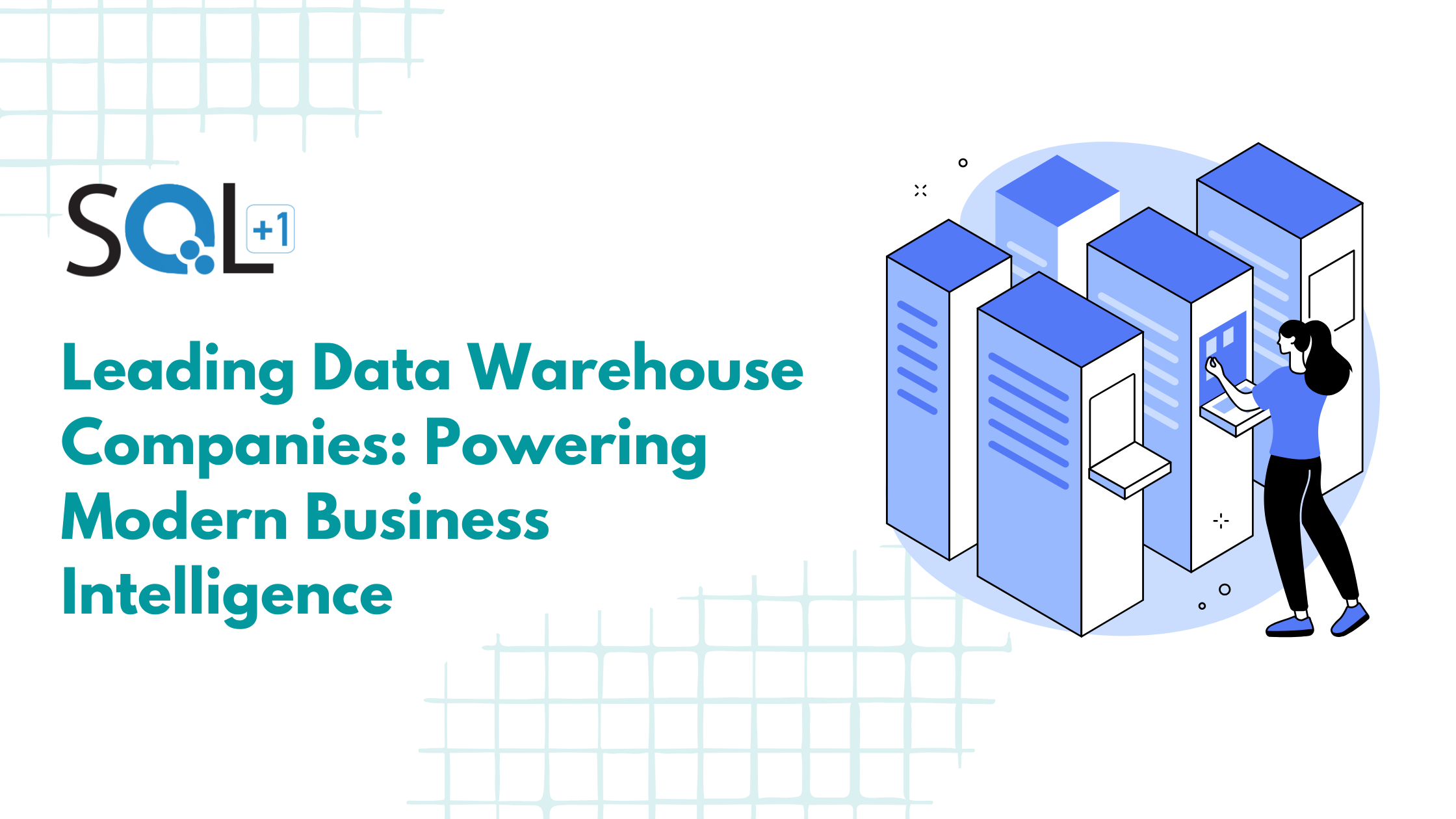
Jun 25, 2025- By: Sqlplusone
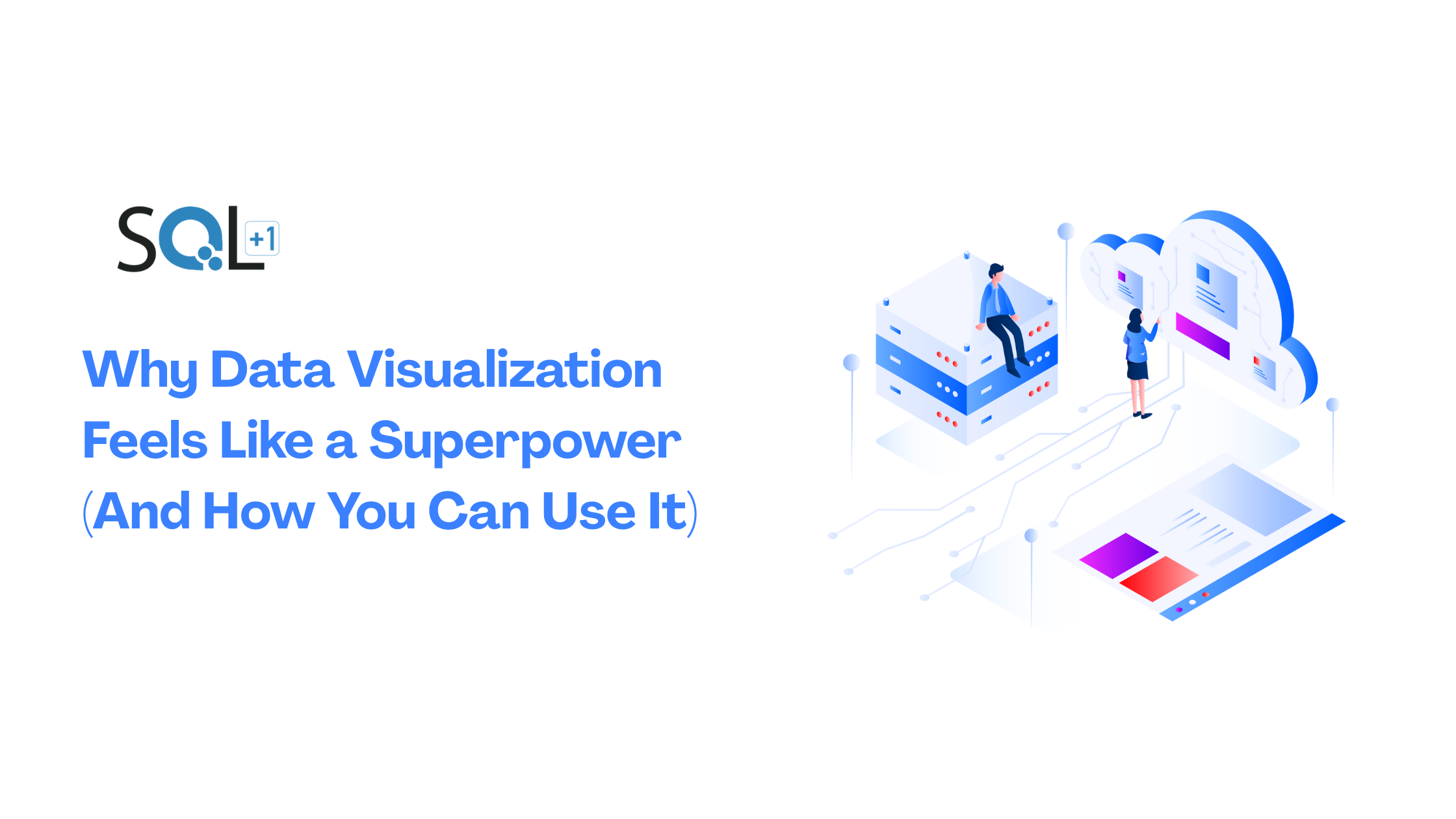
Jun 13, 2025- By: Sqlplusone
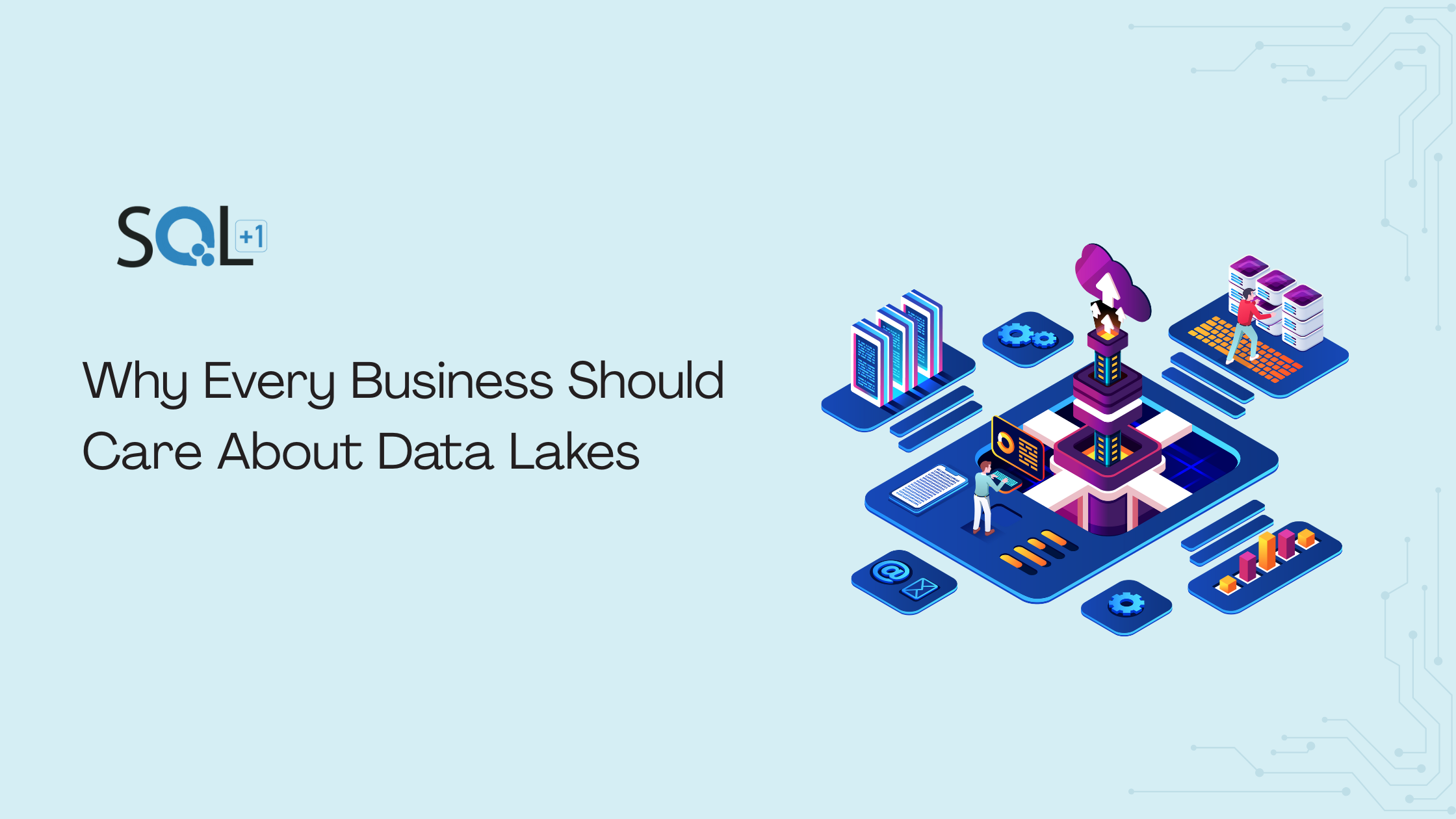
Jun 8, 2025- By: Sqlplusone
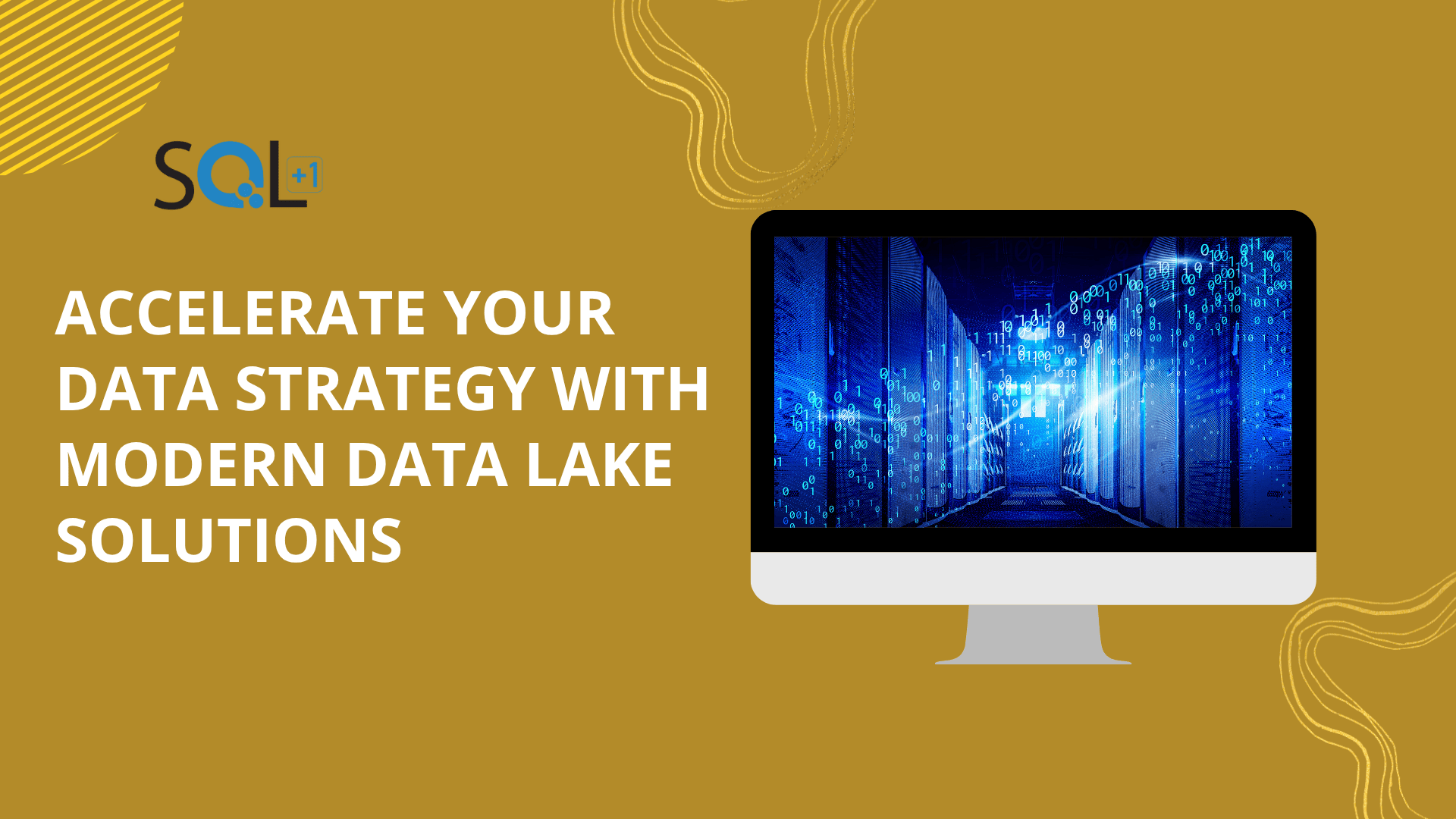
Jun 6, 2025- By: Sqlplusone
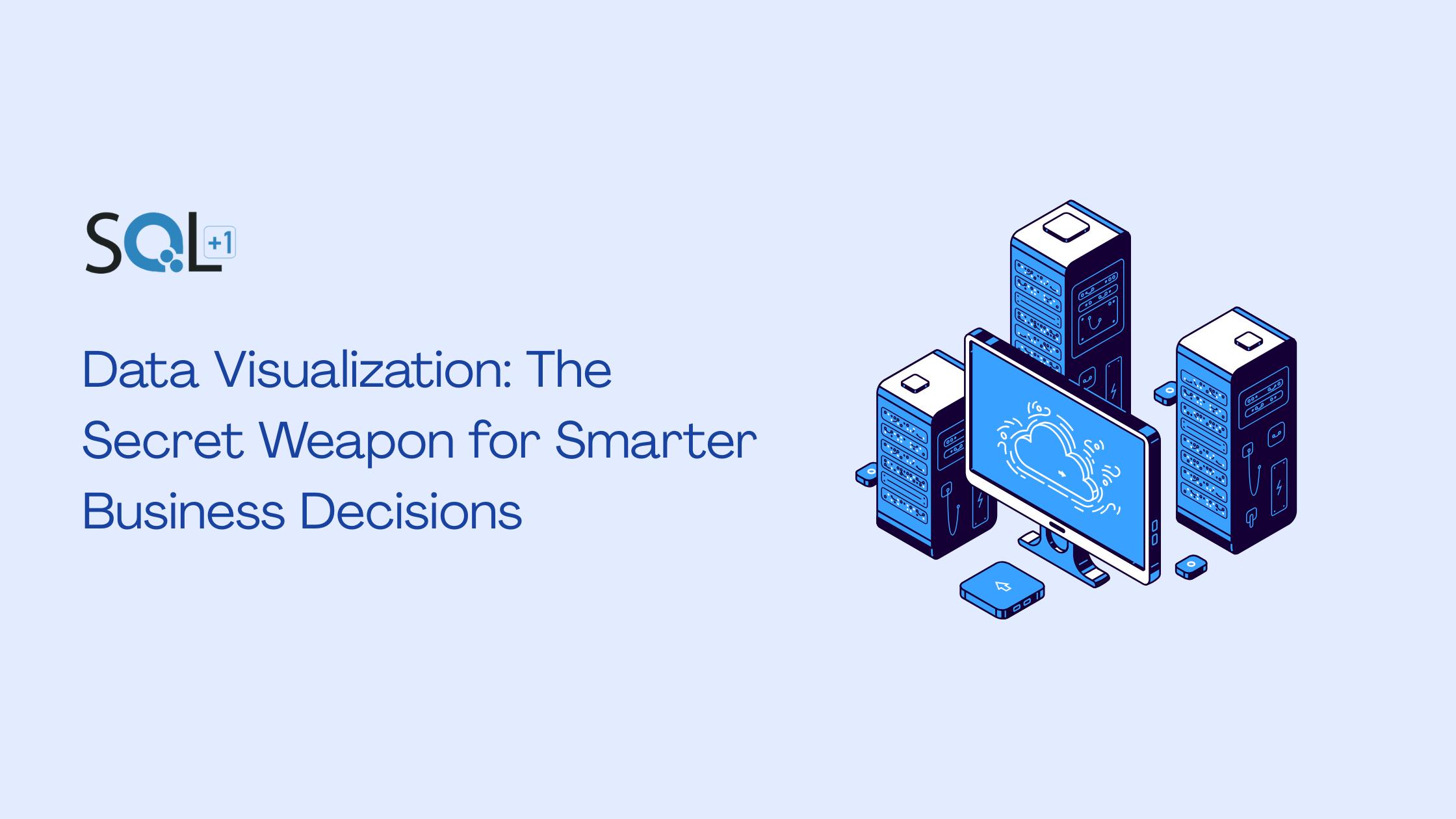
Jun 4, 2025- By: Sqlplusone